Patty Smyth and Glen Burtnik knew they had a powerful song when they co-wrote “Sometimes Love Just Ain’t Enough,” with Smyth even weeping after writing an emotional bridge section. But it took some reassuring from close friends and several valiant attempts tracking the song to finally get to the released version that wound up on Smyth’s 1992 self-titled release. In fact, Eddie Van Halen laid down guitar parts on an early version, a second version was recorded in Nashville, and Don Henley, Sheryl Crow and E Street Band member Roy Bittan (who produced the record) perform on the final, released recording of the 1992 Grammy-nominated song. “Sometimes Love Just Ain’t Enough” is testament to persisting at your craft when you know you have a great song that conveys a universal sentiment of love lost through no specific fault of either person.
Videos by American Songwriter
But there’s a danger in loving somebody too much
And it’s sad when you know it’s your heart you can’t trust
There’s a reason why people don’t stay where they are
Baby, sometimes love just ain’t enough
The late 1980s was a whirlwind time of change for Smyth. Her band Scandal had broken up, and she was not happy with the production and song arrangements on her then-recently released record, 1987’s Never Enough, a solo record in name only in her eyes. “That record ran away from me. It was supposed to be a Scandal record, and I did not want it put out as a solo record. I didn’t feel like it was one.”
On the personal level, Smyth had an 18-month old baby and her two-year marriage to innovative punk singer Richard Hell was ending. All this and more was wearing on her psyche when she met up with New Jersey songwriter Glen Burtnik for a writing session.
“I had this profound thought that what happens when you love someone so much that it’s so scary it’s dangerous?” Smyth told American Songwriter. “That idea- there’s a danger in loving somebody so much- kept rolling around in my head. When Glen sat down at the piano that was the first place I went because it was the seed I was working on. There was so much going on. I was getting divorced, it was about my baby, dad, you name it, everyone.”
Burtnik, who was basking in the success of a few critically acclaimed solo albums, was in a completely different headspace when they first got together to write. “I remember it well. We were in my manager’s studio. We were trying to write another rock hit for her. I had ‘The Warrior’ in my mind. We had some ideas. Suddenly, my manager’s staff broke into the room with a cake because it was my birthday, which of course interrupted our writing. After we blew out the candles and that was over, I sat down at the piano and I started to play the verse idea for what became the song.”
Smyth started singing words to Burtnik’s chords right away. “I believe I wrote the first verse and chorus that day. Then I had to figure out the second section and the B section. I remember writing the bridge in my apartment in New York on 5th Avenue and 10th Street, weeping while I wrote it. It was weird that I choked myself up because that never happens.”
When it came time for the chorus, Burtnik used an idea he had written in high school. “Musically, I had all the ingredients there. There’s a couple play on words. We worked on the song on and off over the phone. It wasn’t a one day write but lyrically, Patty took over.”

Smyth knew she had the makings of a good song. “I knew it came from somewhere because it just fell out of me. Glen knew too, but when I sang it to him, he said it was too dark.”
Burtnik concurs with Smyth’s recollection. “I argued with her about the title a lot. I thought it was a really long title. I questioned if that was a good idea for a single, something that had such a dark, negative title. But there you go, what do I know.”
As Smyth recalls, it took a phone call to a rock legend to convince the pair not only that was it a good song, but that he would sing it on himself. “I sang backup on a couple Don Henley records, so I called Don up and sang it to him and asked if he would sing on it. He agreed and said, ‘Man it’s really beautiful. It’s great.’ I told Don that Glen thought the lyrics were too dark. And Don said, ‘Tell him to wake up and smell the fuckin’ coffee. The world is dark!’ I never forgot that!”
Though Burtnik was unsure of the title as a potential lead single, he was convinced of the song’s power. “There’s a harmony part I sang, and when she sang it to Don before recording it, he reacted in a real positive way and said it was a great song. At the time, Don was on top of the world. That was the vote of confidence we needed to confirm that it would be a single.”

The first attempt at recording “Sometimes Love Just Ain’t Enough” took place in Los Angeles sometime in 1988, and Smyth has mixed feelings about the entire session, specifically the producer’s behavior. “I recorded it in Los Angeles with a big producer in LA and had Eddie Van Halen on it and Henley sang on it. Eddie’s a wonderful person and awesome guy. But the producer, who will remain nameless, was rude to Don.”
Smyth had appeared on several of Henley’s records, most notably singing backup vocals on his 1984 hit “Sunset Grill.” “You can pick her voice out in the choruses,” Burtnik notes. “She has a great voice with that rasp that Henley has. I think of her as the female Don Henley.”
“Don would have sung on as much as needed,” Smyth adds. “The coolest part is that he sang a harmony over me on the second B section. People who have played with me for years have fought with me saying it was me that sang the high harmony over me in that second B section. Don sounds like me up there and I sound like him. But it was him. I’ve had multiple showdowns with people, and I have to say, ‘It’s him, not me.’”
For the guitar parts, Smyth recalls, “Eddie played these real curly, swirling parts that are really nice. I’d have to find the original demo, I’m not even sure where it is now. He played on a couple of things. He was amazing and wonderful and played on everything I threw at him.”
Several years prior, in fact, Smyth had been rumored to be a potential new singer in Van Halen, prior to Sammy Hagar joining. For the record, Smyth has nothing but wonderful things to say about her friendship with Van Halen. “It really bugs me in all these articles about me turning down Van Halen. They say I said it’s because they were drinking. That wasn’t what I said. There were multiple things. I was eight months pregnant and that was the number one reason. It wasn’t because they were drunk. They were raucous brothers who fought a lot. Like I said, I wish he had asked me to make a record with him. If he did, we would have done that. And moving my whole life to Los Angeles was too big of an ask at that point. But it all turned out well. Sammy did a great job and made a great record with them.” (Editor’s note: this interview took place prior to Van Halen’s passing and was scheduled to post today).
Smyth was signed to Columbia Records at the time, who, amazingly, passed on the record. “The song sounded very similar to how we know it now,” Burtnik recalls. “She gave it to Columbia, and they said they didn’t hear any singles and dropped her.” Smyth went to Nashville and tracked the song again with producer Barry Beckett at the helm, using different players, Memphis horns and a more R&B feel. Still, she found little support in the song. “I knew at that point in time it wasn’t right for what I was doing. I had to make that painful decision to scrap those sessions.”
The third time proved to be the charm for Smyth, who found a kinder, more sympathetic producer in Roy Bittan, keyboardist for Bruce Springsteen and the E Street Band, who had relocated to Los Angeles from New Jersey, working with Springsteen on what became his Human Touch and Lucky Town records.
“Roy put the band and team together and he did a great job- Tim Pierce on guitar, Kenny Aronoff on drum, Nick DiDia engineering.” Even Dann Huff, who produced her new record It’s About Time, which is officially released this week, was part of the session.
Henley was also back on board for another pass at vocals, and wound up singing more, thanks to Bittan’s encouragement. “He was just supposed to sing the choruses. Roy got me to get him to sing the other part,” Smyth revealed. “I am not a duet fan. I love singing with Don and he’s probably the only person on the planet I would sing one with them.”
Bittan’s keyboard expertise and production sensibilities also played a part in the song’s instrumental melody, according to Burtnik. “He added that instrumental line at the top of the song and we loved it.”
Sheryl Crow was in the beginnings of her career and working in the studio next door when she was recruited to sing backups on Smyth’s recording. “I knew Sheryl because she sang backgrounds with Don. She was working with Hugh Padgham before she came out with Tuesday Night Music Club.” It was a case of being in the right place at the right time. “She was there, and I asked her to come sing.”
Smyth recalls the whole experience recording what she considers to be her first true solo album as a wonderful time. “That was unbelievable, maybe the best time I’ve had in the studio. It was insanely fun. I started doing theme days- pajama days and Nick drove to work on his motorcycle in his pajamas. Then a Hollywood day where we all had to be glamorous. We were laughing and it was so much fun. And they were such a good band. They were great, fun guys who were into doing whatever and I know they enjoyed coming to work.”
Interestingly, in the period between the writing of the song and its eventual release in 1992, Henley wrote and released his massive song “The Heart Of The Matter,” a song which has a similar lyrical theme and appeared on his 1989 album The End Of The Innocence. “I really feel there’s a connection! That song was not written yet. He was working on that album. There’s a similar essence. I love that song, possibly more than mine. There’s something in there, where you’re coming from and how it’s not anybody’s fault.”
“Sometimes Love Just Ain’t Enough” and Smyth found a home with MCA Records, who signed her and took the song to the top of the Billboard Mainstream and Contemporary charts and #2 on the Top 100 in 1992. Burtnik, who has also written hits for Randy Travis, Styx and currently fronts the retro-power pop band The Weeklings, always felt the song would make an impact, calling the song a “lovely ballad.”
“That convinced me of something I always thought about music. You can have a great song, but if it’s not in the right hands, it’s not going to be recognized by the world.”


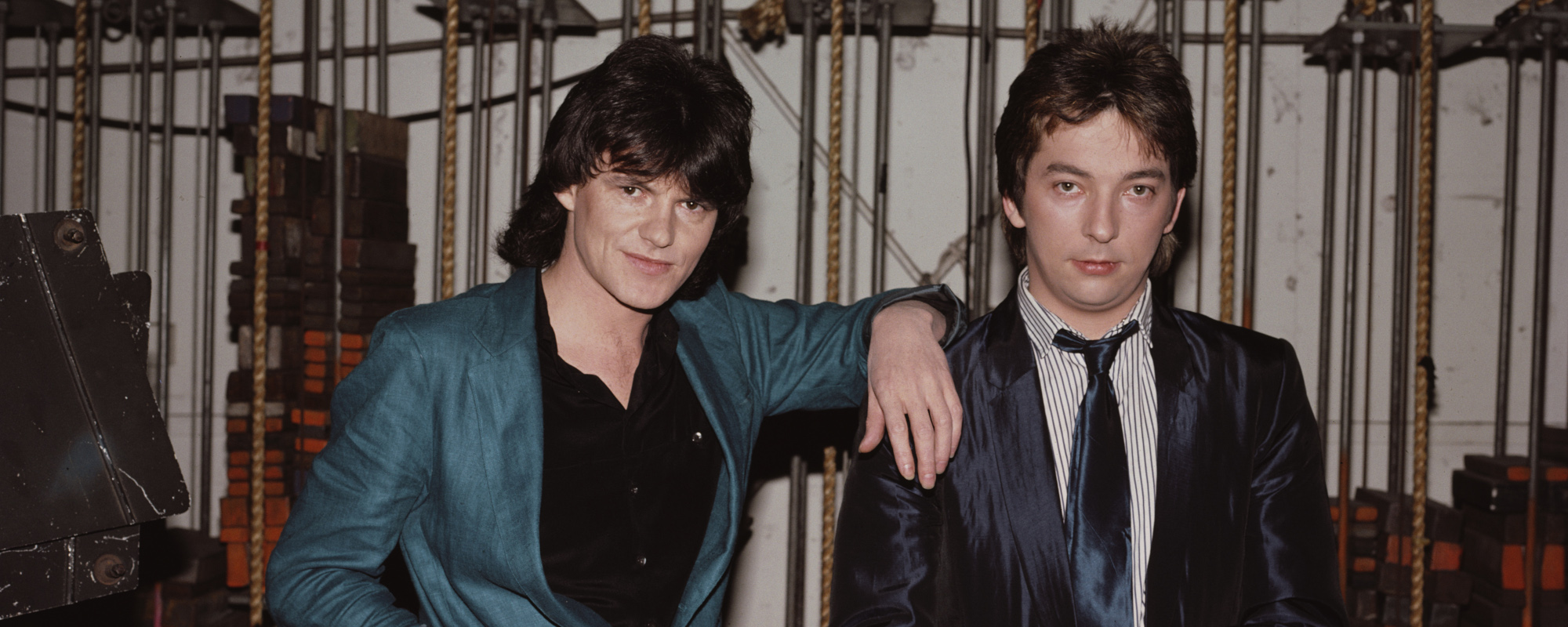
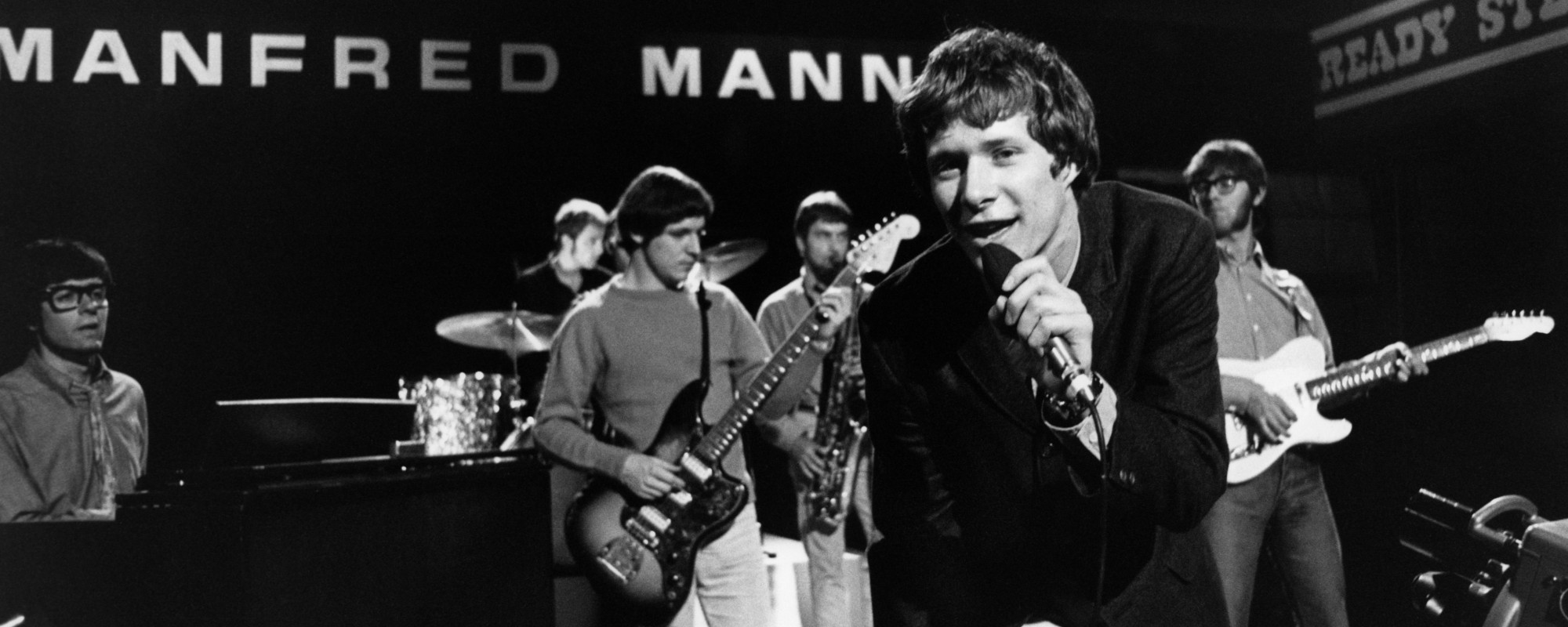
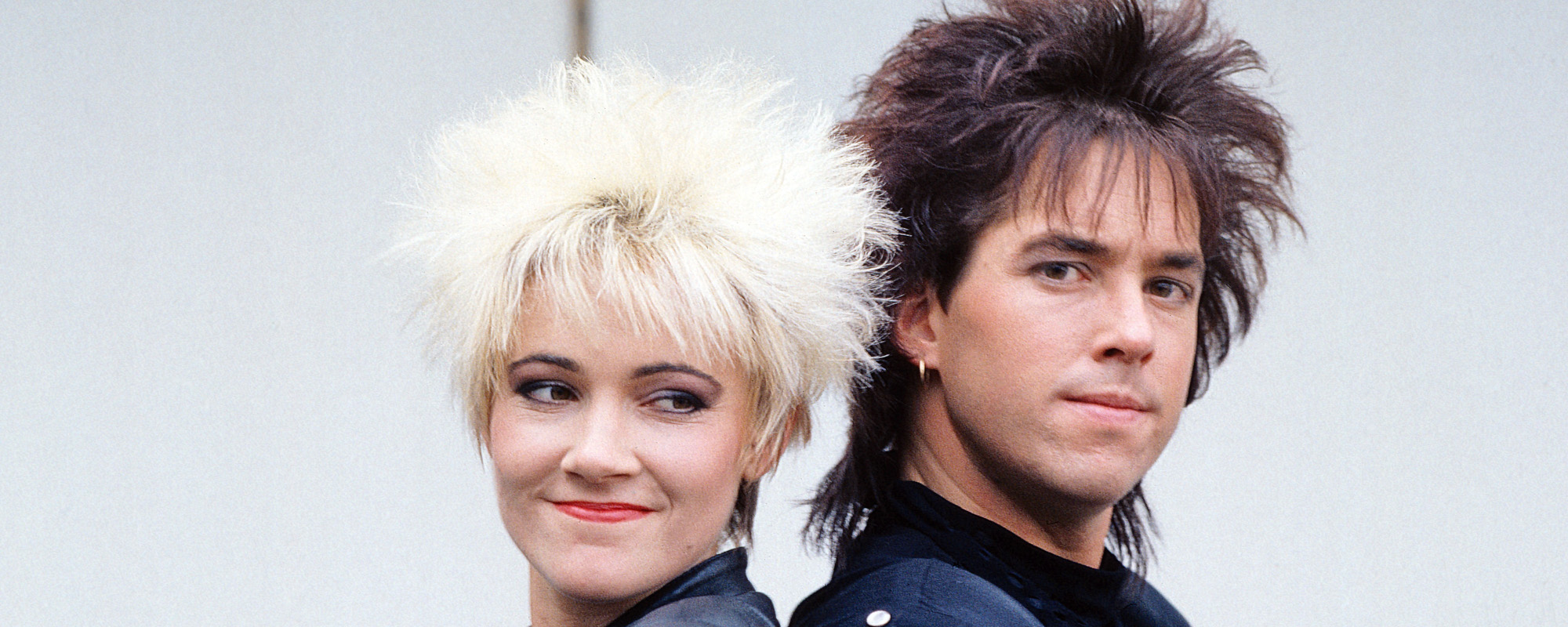
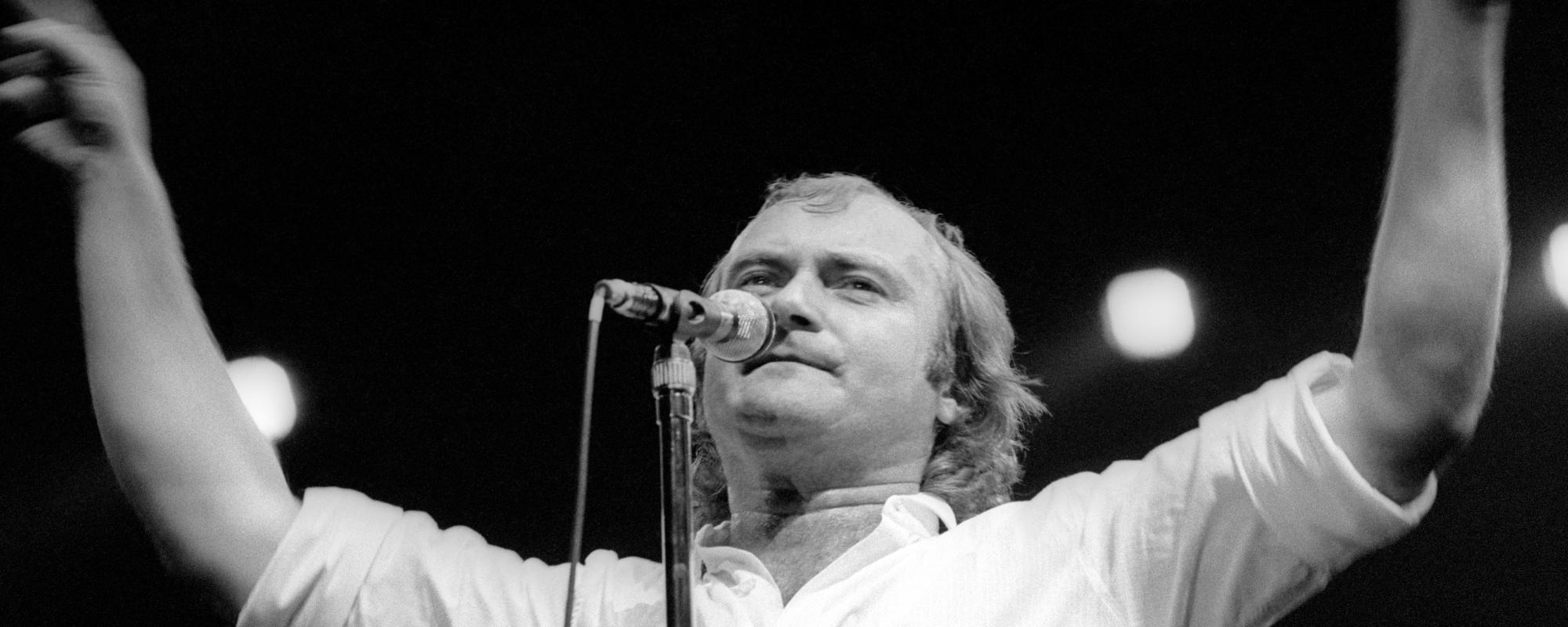
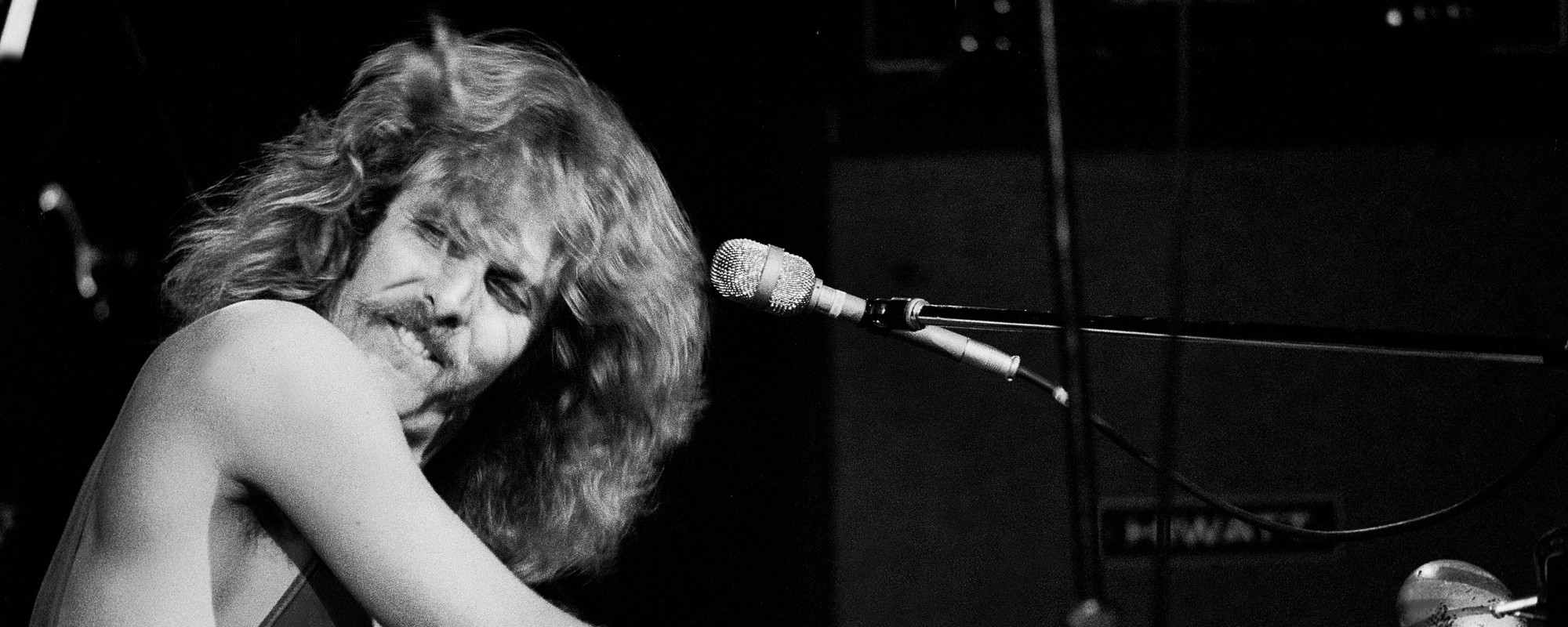







Leave a Reply
Only members can comment. Become a member. Already a member? Log in.